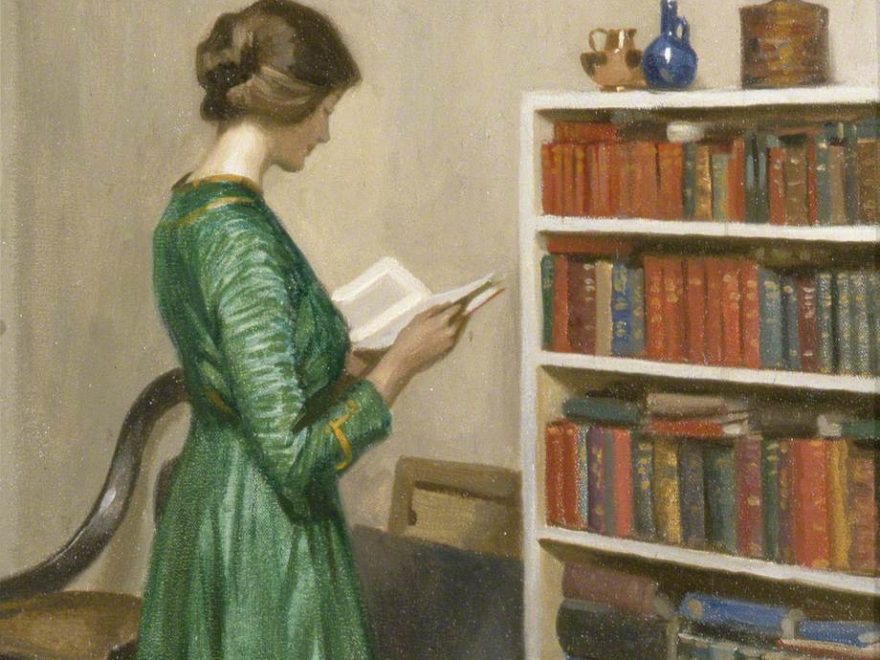Author: Patrick Egan
-
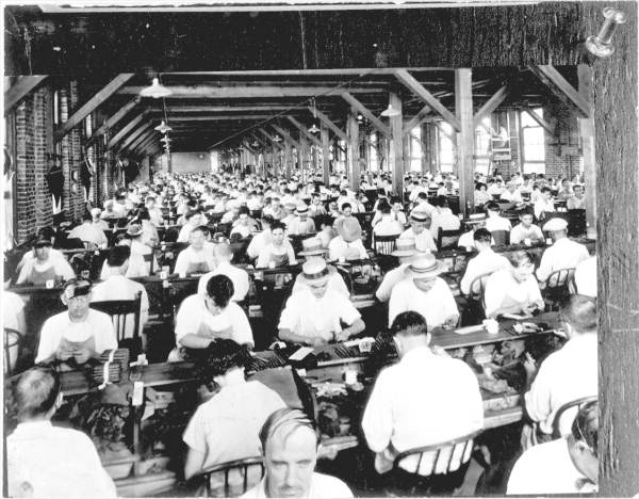
The State of Affairs: Higher Education as an Educational-industrial Complex
As I begin this series on college guidance, my aim is to take seriously our mission to cultivate lifelong learning and flourishing. We must begin with the current state of affairs. We really cannot guide students into the higher education of today without taking stock of the long backstory of colleges and universities. Industrialization has…
-
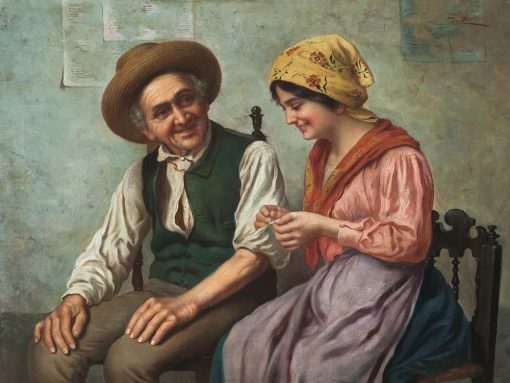
Practicing Happiness: Ancient Wisdom for Our Modern World
The pursuit of happiness is one of three rights originally drafted by Thomas Jefferson in the “Declaration of Independence.” These “unalienable rights” are “life, liberty and the pursuit of happiness.” It is an odd turn of phrase, but one that has a profound backdrop to it, one which we have perhaps lost today. It is…
-

Building Culture: The Architecture of a Successful Classroom
Previously I explored how we can create culture in our classrooms to foster growth in habits through the installation of rich values that inspire students to reach for personal excellence. Since then, I have had many opportunities to further my thinking and interact with even more perspectives to equip teachers to lead their students towards…
-
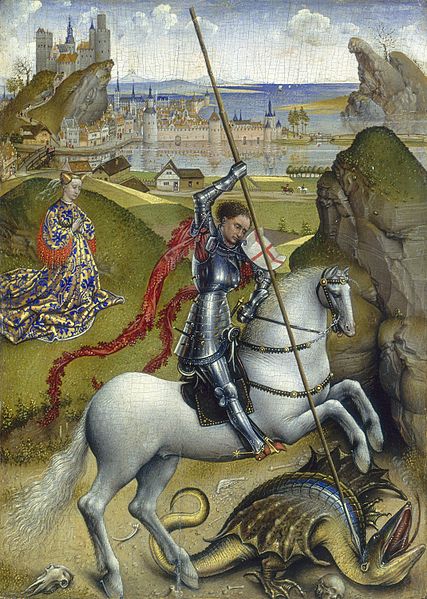
Reading for Meaning: Tapping into the Collective Unconsciousness
The story of Saint George and the Dragon is a classic tale of courage and faith. It tells the story of a brave knight, George, who saves a princess from being sacrificed to a dragon that has been terrorizing a small town. After slaying the dragon, George is celebrated as a hero and his bravery…
-

Low-tech Schooling: Avoiding the Shallows in a High-tech Society
Think back only a short while ago to how the transformation of schooling occurred rapidly in response to Covid-19. Materials were sent home and school was provided digitally through internet video services such as Zoom, Skype and Teams. Technology, and particularly screen-based learning, became ubiquitous. While we have since seen a return to on-site schooling,…
-
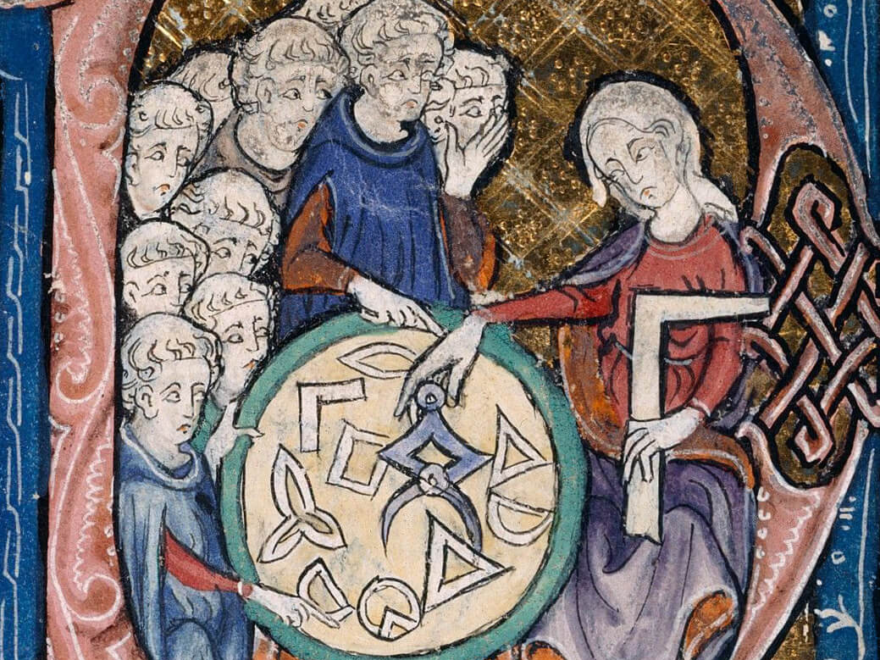
Learning to Wonder: A Deep Dive into the World of Geometric Thinking
The painting of Saint John the Baptist by Leonardo da Vinci seems to be one of his final paintings. Leonardo depicts John the Baptist with a similar enigmatic smile as the famous Mona Lisa. Yet, there is no background and the hues are dark enough that the viewer struggles to identify the Baptist’s garments. Leonardo…
-
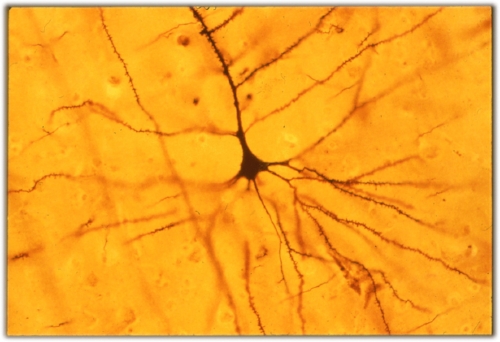
The Imitation Brain: Three Ways to Make the Most of Mirror Neurons
Imitation is the sincerest form of flattery. Is it possible that imitation is also the pathway to learning? In the late 1990s and early 2000s, scientists at the University of Parma published a series of studies singling out neurons that respond both when accomplishing a certain action and also when observing others accomplishing a certain…
-
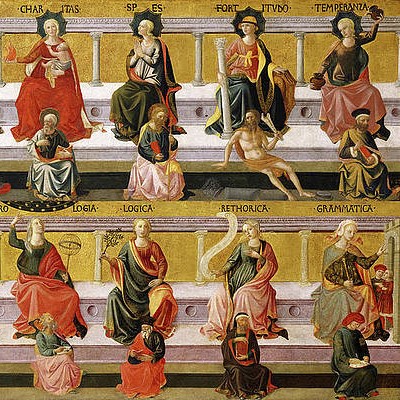
Exploring Our Educational Ideals: Following along Gulliver’s Travels
Since its publication in 1726, Gulliver’s Travels by Jonathan Swift has been a popular read both for its initial audience as well as for generations of readers since. In my most recent reading of this travelog with our Enlightenment Humanities class at Clapham School, I was struck by Swift’s thoughts on education. Excavating the claim…
-
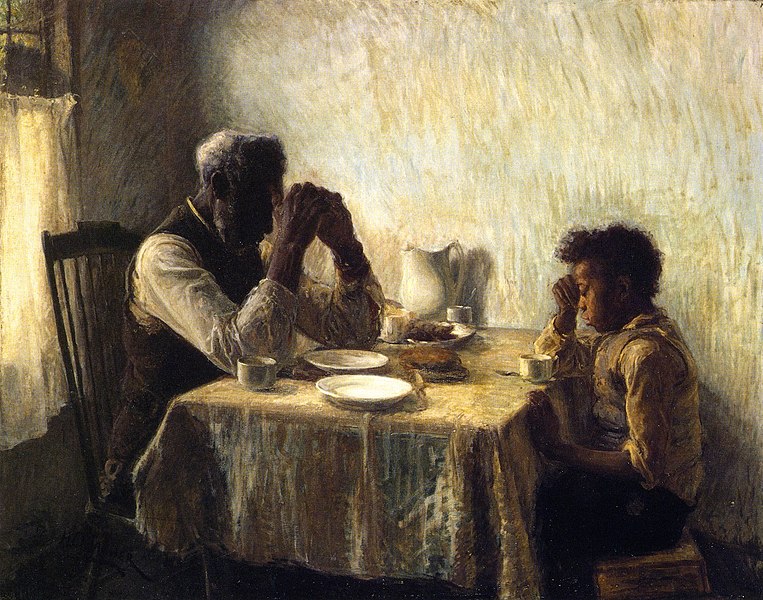
Learning Gratitude: A Pathway to a Good Life
Among the greatest characters created by Tolkien in The Lord of the Rings is the noble prince Faramir. He is the younger brother of the fallen Boromir and is characterized by wisdom and judgment. When we first meet Faramir in the forests of Ithilien, he chances upon the hobbits Frodo and Sam who have already…

